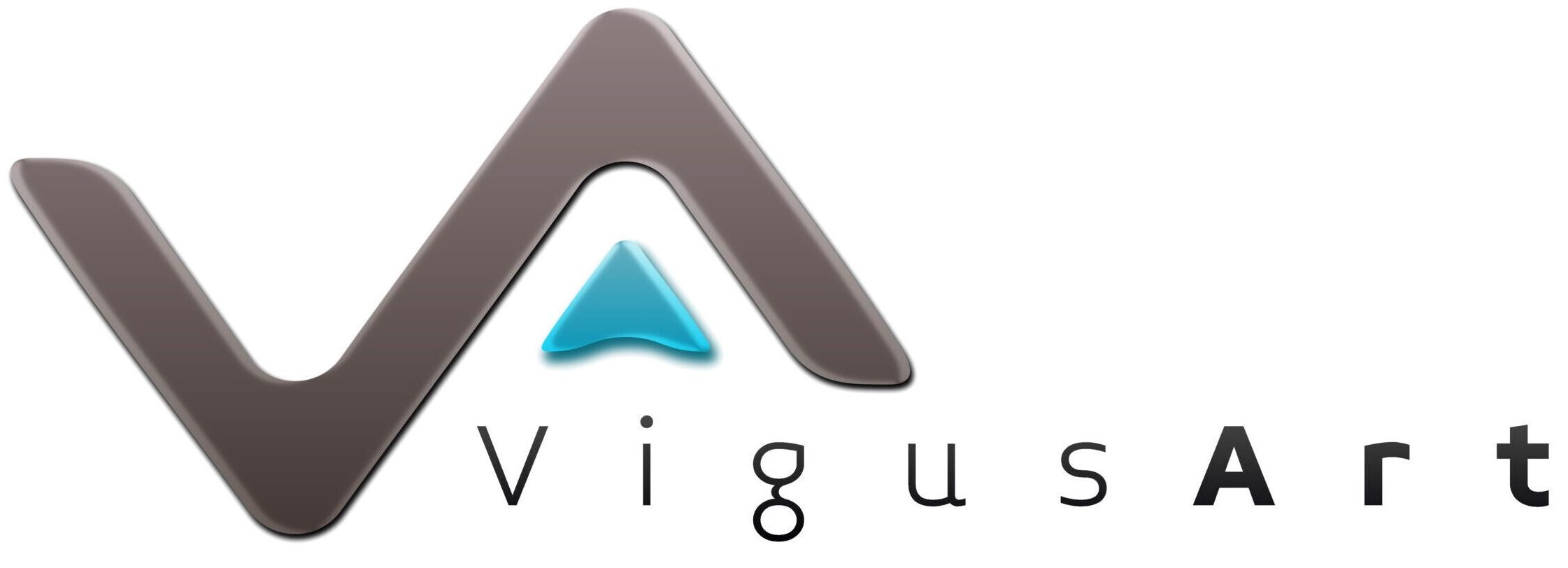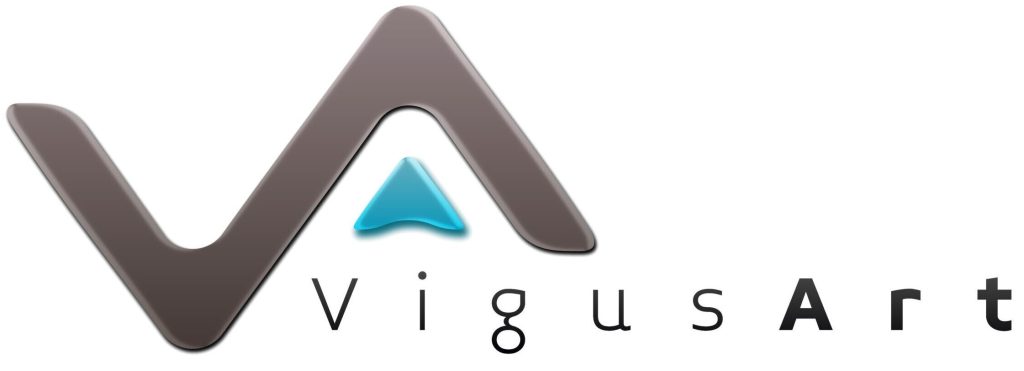
Cardano: A Third-Generation Blockchain
Cardano is a third-generation blockchain designed to address challenges in scalability, sustainability, and interoperability. Created by Charles Hoskinson, Jeremy Wood, and Ken Kodama, Cardano is developed by Input Output Global (IOG), with Emurgo driving adoption and the Cardano Foundation managing governance and ecosystem growth. Built on scientific research and peer-reviewed methodologies, Cardano combines advanced technology with a long-term vision to support decentralized applications and financial services on a secure and scalable platform.
Founding Entities
- Cardano Foundation: A non-profit organization overseeing Cardano’s development, promoting its adoption, and ensuring compliance with regulatory standards.
- Input Output Global (IOG): Founded by Charles Hoskinson, IOG is committed to developing blockchain technologies, including Cardano, with a focus on open-source solutions.
- Emurgo: Founded by Ken Kodama, Emurgo drives Cardano’s ecosystem expansion through partnerships, education, and R&D, broadening blockchain’s impact globally.
ADA: Cardano’s Native Cryptocurrency
ADA is the native cryptocurrency of Cardano, facilitating secure, intermediary-free transactions on a global scale. With a maximum supply of 45 billion, ADA holders can participate in the network by staking their tokens, earning rewards, and contributing to decentralization. This system empowers users while ensuring the network remains secure and efficient.
Cardano’s Ouroboros Consensus Mechanism: Ouroboros is the first provably secure proof-of-stake protocol, ensuring network security and transaction validation efficiently. It has influenced other blockchain platforms, setting standards for PoS mechanisms.
Cardano’s Roadmap: A Journey of Innovation
The development of Cardano is structured into five eras, each building upon the last to create a robust and adaptable blockchain platform:
- Byron: Establishing the core infrastructure.
- Shelley: Enabling decentralization through staking and community-driven nodes.
- Goguen: Introducing smart contracts for decentralized applications.
- Basho: Focusing on scalability and network performance.
- Voltaire: Empowering on-chain governance and treasury systems for community-driven decisions.
Currently in the Voltaire era (late 2024), this phase marks Cardano’s commitment to achieving full decentralization by transitioning governance control entirely to its community. Through on-chain voting and a treasury system, ADA holders actively propose and vote on network improvements, fostering a self-sustaining ecosystem driven by its users.
This transition is still underway. The genesis keys, previously held by Cardano’s founding entities, are being replaced as part of a new governance framework outlined in CIP-1694. This proposal establishes a constitutional committee, delegated representatives (DReps), and stake pool operators (SPOs) to collectively oversee governance actions, ensuring a balanced and inclusive decision-making process.
For more detailed information, visit cardano.org
Staking with Cardano
Known for its strong community and a large, growing ecosystem, Cardano relies on staking as a core element to sustain its security, integrity, and decentralization. Earn passive income while contributing to the network’s strength and resilience. Cardano’s staking mechanism is unique:
Accessibility and User-Friendliness: Staking ADA is made easy with user-friendly interfaces and wallets, ensuring anyone can get started without hassle.
No Lock-Up of Funds: Unlike many other PoS systems, Cardano does not require you to lock your ADA to participate in staking, providing greater flexibility.
Seamless Participation: By delegating your ADA to a stake pool, you help secure the network and in return, receive rewards.
Immediate Liquidity: Your ADA remains fully accessible and liquid in your wallet. You can use, move, or exchange them whenever you wish.
Energy-Efficient: Staking with Cardano uses significantly less energy compared to traditional cryptocurrency mining, underscoring its role as an environmentally responsible choice in the digital currency space.
Participating in Network Governance: Holding ADA in your wallet allows you to participate in governance decisions, including voting on protocol upgrades, fee structures, and other crucial changes. You can also delegate your vote to a D-Rep for more seamless participation.
DVAMM Stake Pool
- Exclusive Access with DVAMM Stake Pool: By staking a minimum of 500 ADA with DVAMM Stake Pool, you not only contribute to network security and earn rewards, but also gain access to our workout videos. By choosing our stake pool, you’re investing in both your financial and physical health, unlocking unique benefits tailored to enhance your overall well-being.
Stake Pool ID: xxxxxxxxxxxxxxxxxxxxxxxxxxxxxxxxx
INSTALL
Download and install the Nami wallet from its official website or through approved sources. We recommend Nami for its ease of use and seamless integration with Cardano.
CREATE
Create your new wallet directly in the Nami interface. Once set up, transfer your ADA from an exchange or another wallet to your new Nami wallet address.
DELEGATE
Open Nami and click on ‘Delegate’. You can either manually enter our Stake Pool ID: XXXXXXXXXXXX or use the link to pool.pm. Connect your wallet, search for DVAMM, select our pool, and click ‘Join’ in the upper right corner to begin enjoying both health and wealth.
ENJOY
Watch your health and wealth grow with DVAMM. You will start earning rewards every epoch (every 5 days) approximately 15-20 days after your initial delegation.
Cardano Ecosystem
Building Bridges to Innovation
The Cardano ecosystem is more than a blockchain; it’s a collaborative environment where cutting-edge technology meets real-world applications. From decentralized finance (DeFi) platforms to educational tools and identity solutions, the ecosystem spans a diverse range of projects designed to empower individuals and communities alike.
At its core, the ecosystem is built on Cardano’s commitment to scalability, sustainability, and inclusivity. Developers, businesses, and organizations can leverage Cardano’s secure and efficient infrastructure to create or use applications that solve real world problems. For example, projects focus on:
- Financial Inclusion: Providing access to financial services for unbanked populations.
- Digital Identity: Enabling secure and verifiable credentials while respecting privacy.
- Supply Chain Transparency: Enhancing trust and traceability in global trade.
- Decentralized Applications: Supporting a wide range of use cases, from decentralized finance (DeFi) to tokenized assets and beyond.
But what truly sets the Cardano ecosystem apart is its community. The decentralized governance model allows ADA holders to actively shape the platform’s future. Through initiatives like Project Catalyst, Cardano funds innovative ideas that aim to expand the ecosystem, allowing members to propose and vote on projects that benefit the network as a whole.
This collaborative spirit inspires our approach to this platform. By integrating Cardano NFTs as memberships, we aim to align with the values of decentralization and community. Your membership offers access to workouts and digital innovation, giving you the opportunity to explore how technology can create meaningful connections and new possibilities.
My Curated Cardano Projects
Cardano Wallets
Self-Custodial Solutions for Your Digital Assets
Choosing a Cardano Wallet:
Choosing the right Cardano wallet is key to securely managing your ADA and other assets within the Cardano ecosystem. These wallets are designed specifically for interacting with Cardano-based tokens, decentralized applications (dApps), and staking opportunities, ensuring a seamless and secure experience.
- Web Wallets and Browser Extensions: Ideal for seamless integration with web3 platforms and dApps. These wallets are perfect for frequent transactions and interacting with the Cardano ecosystem.
- Mobile Wallets: Convenient and accessible, mobile wallets are great for everyday use and managing your ADA and other Cardano tokens on the go.
- Desktop Wallets: While less portable than mobile options, desktop wallets like Daedalus offer advanced features and enhanced security, making them ideal for managing larger amounts of ADA, participating in staking, and securely handling multiple assets.
Choosing the Right Wallet
When deciding on a wallet, keep the following in mind:
- Security: Does the wallet provide robust protection for your assets?
- Convenience: Is it user-friendly and easy to use?
- Features: Consider options like staking, support for multiple currencies, and integration with other blockchain services. Open-source wallets are particularly valuable, offering transparency and opportunities for community input and verification.
Always keep your seed phrase secure. It’s the key to your wallet and must be stored safely.
Our website supports these wallets:
We recommend VESPR and Yoroi as preferred wallets, as they offer both a browser extension and a mobile app with a built-in dApp browser. While mobile wallets with built-in browsers work, they are not fully optimized, and we recommend using a desktop for the best experience.
Other supported wallets include Lace and any Cardano-compatible wallet with CIP-30 support. If your wallet isn’t listed, it may still work—just select any available option in the wallet connection menu.
Hardware Wallet
The saying “Not your keys, not your crypto” is well-known in the cryptocurrency world, and for good reason. It emphasizes that without control over your private keys, you don’t truly own your cryptocurrency. Private keys are the gateway to accessing and managing your funds, making their security absolutely critical.
The Advantage of a Hardware Wallet
A hardware wallet provides an extra layer of security by storing your private keys offline, making them far less vulnerable to hacking compared to internet-connected (hot) wallets. This offline protection ensures your keys are kept safe from most digital threats.
Why You Should Consider a Hardware Wallet
For anyone serious about cryptocurrency security, a hardware wallet is the best option. It allows you to:
- Keep your private keys offline and secure from hackers.
- Maintain full control over your funds.
- Reduce risks associated with online wallets and platforms.
With a hardware wallet, you can confidently manage your cryptocurrency knowing your assets are protected in a secure environment.



